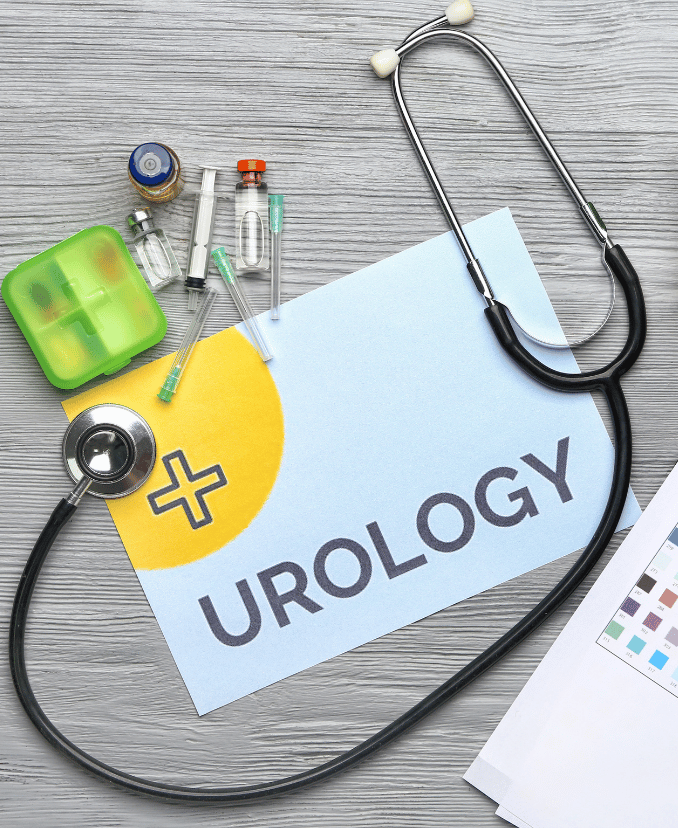Gonorrhea in Korea – Symptoms, Testing, and Treatment Options
Gonorrhea is a common bacterial sexually transmitted infection (STI) that affects thousands of people in Korea each year. It spreads easily through unprotected sexual contact, and many people may not realize they’re infected due to mild or no symptoms. The good news is that gonorrhea is curable with prompt antibiotic treatment.

What Is Gonorrhea?
Gonorrhea is caused by the bacterium Neisseria gonorrhoeae. It can infect the genitals, rectum, throat, and eyes, making it one of the most versatile and potentially serious STIs.
Common Symptoms
Gonorrhea can present differently in men and women. Some people experience no symptoms at all.
In men:
- Burning during urination
- White, yellow, or green penile discharge
- Pain or swelling in one testicle
In women:
- Increased vaginal discharge
- Painful urination
- Pelvic pain or bleeding between periods
In both sexes:
- Rectal pain or discharge (if infected anally)
- Sore throat (if infected orally)
Testing for Gonorrhea in Korea
Testing is simple and available at most urology, gynecology, and general STD clinics in Korea. Clinics in Gangnam, Itaewon, and other major areas offer confidential services for both locals and foreigners.
How it's tested:
- Urine sample
- Swab of the affected area (genitals, throat, or rectum)
- Results typically available within 24–48 hours
Gonorrhea Treatment in Korea
Gonorrhea is treated with antibiotics. Due to growing antibiotic resistance, dual therapy is often used.
Standard treatment includes:
- Ceftriaxone (injection)
- Azithromycin (oral dose, in some cases)
You should avoid sexual contact for at least 7 days after treatment, and any recent partners should also be tested and treated.
Why It’s Important to Treat Gonorrhea Early
If left untreated, gonorrhea can lead to:
- Infertility
- Pelvic Inflammatory Disease (PID)
- Epididymitis in men
- Increased risk of HIV transmission
- Joint and organ infections (in rare, advanced cases)
Where to Go for Care
Clinics like Trueman Urology Clinic in Gangnam, Seoul, offer fast, discreet gonorrhea testing and same-day treatment. English-speaking staff, walk-in options, and private consultations make it a top choice for international patients.
Protect your health and your partners—get tested and treated early. Gonorrhea is common, but with the right care, it's 100% curable.
What Is HPV?
HPV is a viral infection spread through skin-to-skin contact, most often during sexual activity. There are over 100 types of HPV. Some types cause harmless warts, while others are linked to cervical, anal, penile, and throat cancers.
Common Symptoms
Most people don’t know they have HPV. But when symptoms appear, they may include:
- Small, flesh-colored bumps or clusters in the genital area
- Itching or irritation
- In women: abnormal Pap smear results
Remember: No visible symptoms doesn't mean you're virus-free. Regular testing is key.
HPV Testing in Gangnam
Many Gangnam clinics offer:
- Visual exam for genital warts
- Pap smear and HPV DNA testing (for women)
- Anal Pap testing (if needed)
For men, diagnosis is typically made through visual inspection or biopsy if warts are present.
HPV Treatment Options
There is no cure for the HPV virus itself, but visible symptoms like genital warts can be treated effectively. Treatment options include:
- Cryotherapy (freezing)
- Topical creams
- Laser or electrosurgical removal
High-risk strains (the ones linked to cancer) are monitored through regular check-ups and Pap tests.
Prevention: The HPV Vaccine
In Korea, the HPV vaccine (Gardasil 9) is available at most Gangnam clinics. It’s recommended for:
- Girls and boys aged 11–26
- Adults up to 45 (case-by-case basis)
- Anyone seeking to reduce cancer and wart risk
Where to Go in Gangnam
Foreigner-friendly clinics in Gangnam, such as urology and dermatology centers, offer:
- Discreet testing
- English-speaking staff
- Same-day treatment plans
If you're concerned about HPV or genital warts, don’t wait. Early detection and care can prevent long-term complications.

